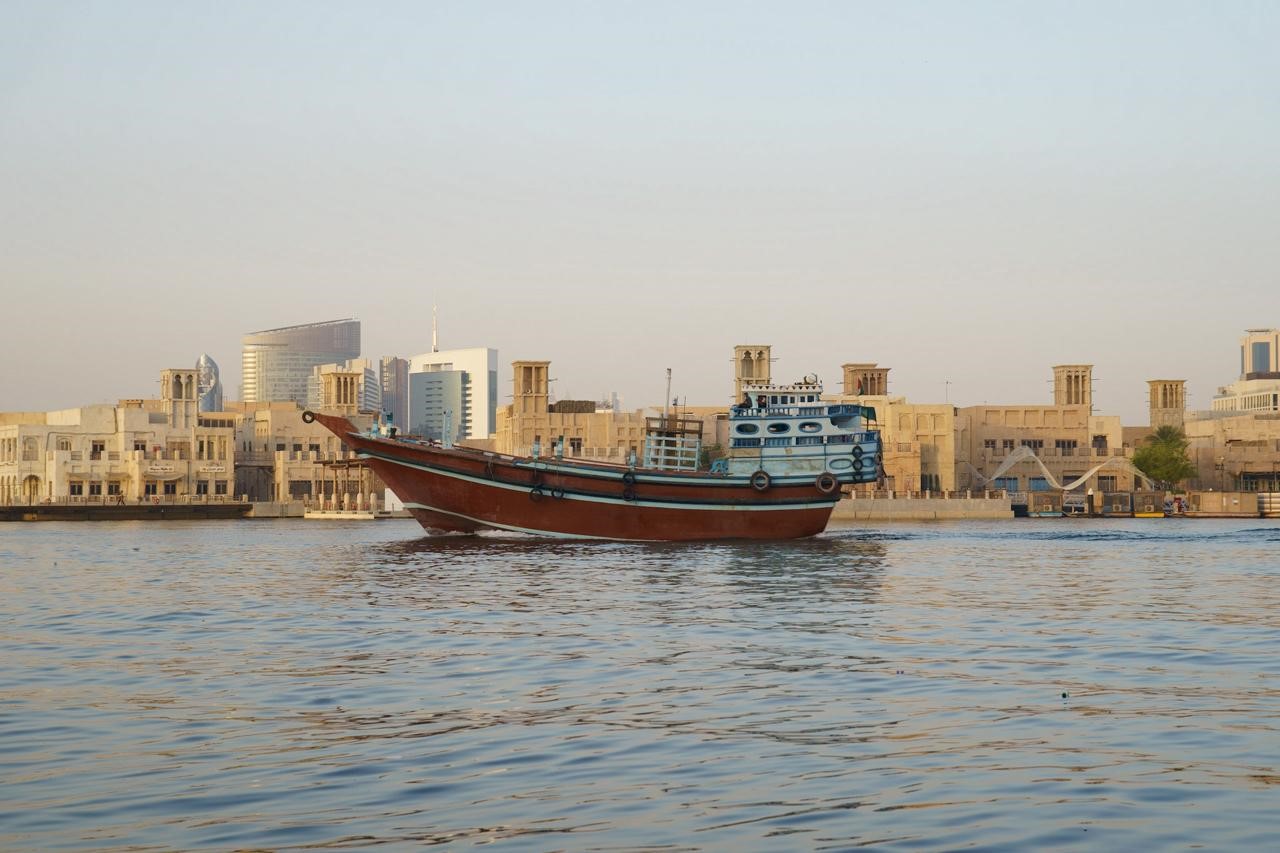Historical Overview of Protocols and Ceremonies Rules

Protocol rules align globally, giving them an international character. The essence of these protocols reflects deep respect for the guest and the country or people they represent. Over the centuries, traditions and experiences have accumulated in the field of international relations, nurtured by communication and diplomacy.
Studies indicate the existence of international relationships among people in ancient civilizations, regulated by a set of rules and principles.
According to historical documents, the earliest diplomatic relations were established between Egypt and Babylon around 1450 BC.
Over time, ceremonial and protocol rules spread, originating from ancient Greek cities and the Roman Empire.
In the Arab lands, particularly during the Umayyad Caliphate and beyond, specific ceremonies were developed for caliphs and ministers.
One of the most renowned works on protocol rules is (Altaj Fi Akhlaq Elmelouk) or "Al-Taj in the Morals of Kings" by Al-Jahiz during the Abbasid era. It covered the etiquette of approaching kings, greeting them, sitting and speaking with them, the manners of messengers and envoys, and the reception of caliphs and governors by the public during festivals.
Vienna Convention
In modern times, the Vienna Convention on Diplomatic Relations of 1815 and the Aix-la-Chapelle protocol of 1818 were the first two agreements containing universally accepted diplomatic rules.
Vienna Agreements (1961 and 1963)
The Vienna Agreements of 1961 and 1963 marked a significant shift in diplomatic and consular work in international relations, establishing clear foundations for these relationships.
The 1961 Vienna Convention on Diplomatic Relations emphasized facilitating the optimal performance of diplomatic missions representing their countries. The convention, consisting of 52 articles, organized all aspects of diplomatic relations globally.
It outlined procedures for receiving heads of diplomatic missions, facilitating the accredited state's acquisition of necessary buildings for its mission, and ensuring their inviolability.
Article 31 confirmed the representative’s judicial immunity in the accredited country, with exceptions and prohibited coercing them to testify. The convention also exempted the diplomatic representative from all personal and public taxes and fees, with some exceptions.
On the other hand, the convention emphasized that members of the mission should respect the laws and regulations applicable in the accredited country. They must also abstain from obligations and involvement with regard to the internal affairs of that State.
Similarly, the 1963 Vienna Convention on Consular Relations took a new step in enhancing international relations in consular work areas.
Among the aspects addressed in the agreement, are the precedence among the heads of consular posts. Article (24) gives details regarding the notification of the receiving State/ host country for the appointment and termination of members of the consular post.
Article (31) covers aspects regarding consular premises. Article (35) includes the freedom of communication requiring that the receiving State /host country permit and accept this type of freedom for official purposes of the delegations.
Arab League Charter (1945)
On the Arab side, the Arab League’s establishment charter was akin to the Vienna Agreements of 1961 and 1963. It aimed at enhancing diplomatic and consular relations internationally.
Ceremonies, Protocols, and Etiquette

The terms "ceremonies", "protocols", and "etiquette" refer to a single concept, a collection of both written and unwritten principles and rules that govern interactions in various aspects of life. While their nomenclature varies across languages, a fine thread of distinction exists among them. For example, ceremonies and hospitality embody the manners and system of rules governing interactions during various events and occasions.
Protocol
A protocol comprises a set of rules and guidelines determining appropriate behavior in various life aspects, be it written or oral. In diplomatic context, protocol refers to the procedures, agreements, and celebrations associated with international relations, ensuring behavior that respects diplomatic norms and state affairs. Protocol extends to the etiquette and traditions prevalent in international transactions.
The term “protocol” is derived from the Latin word “Protocollum,” originating from the Greek word “Protocollon,” referring to the first sheet affixed to treaties and covenants. It now pertains to the organization of any event or occasion and dealings with guests and organizers.
Ceremonies - Marasim
"Ceremonies" or Marasim is the Arabic equivalent of the English and French word "protocol." It refers to the rules and procedures followed in various official and diplomatic occasions between countries.
Etiquette - Tashreefat
The word "etiquette" is the Turkish translation for the Arabic "ceremonies" and English and French "protocol."
Duties of the Protocol Department
It specializes in organizing protocol tasks for specific entities, varying from one country to another, like the Ministry of Foreign Affairs. Generally, its responsibilities include:
- Organizing and preparing the program for visits of official delegations and high-profile personalities to the host country.
- Receiving visiting official delegations and personalities.
- Welcoming new ambassadors and bidding farewell to those whose terms have ended.
- Overseeing official parties and international conferences involving diplomatic envoys.
- Issuing and granting passports, diplomatic and special identity cards, and missions to envoys, consuls, and international institution employees.
- Preparing a list of the diplomatic corps, consular corps, and international institution employees.
- Facilitating the accreditation letters of ambassadors to the sending state and translating them as needed.
- Preparing a list of foreign national holidays and congratulatory telegrams for these occasions.
- Proposing the awarding of medals to diplomats at the end of their missions.
Protocol Etiquette
International courtesy rules are based on fundamental principles such as respect and appreciation for the customs, traditions, and cultural values of different countries and peoples. These rules aren’t much different from the courtesy and good behavior rules for individuals.
Over the course of thousands of years, strict rules have arisen and developed in various societies to regulate proper behavior, including: how to sit, stand, and deal with presidents and rulers, the arrangement of processions, and the costumes for each occasion.
Required Qualities for Protocol and Ceremonies Personnel
- Knowledgeable, strong personality, reputable, quick-witted, and familiar with the history and present of their country
- Pleasant facial expression as a smile fosters an atmosphere of intimacy, friendliness, and comfort.
- Good appearance and clothing, as they give the first impression to the other party.
- Good behavior and politeness in dealing with others.
- Courteous without being pretentious.
- Multilingual skills.
- Erudition.
- Cooperative spirit.
- Follow-up and coordination skills.
- Continuous reading and research to know the best practices and skills in ceremonies, both nationally and internationally.
- Familiarity with the standards and foundations of the guest country he is assigned to accompany.
Diplomacy
The origin of the word "diplomacy" is Greek, derived from "diploun/diploos," meaning fold or bend.
Over centuries, the word spread and developed, and other words and concepts were derived from it, such as (Diploma/ Diplome).
The term diplomacy spread during the era of the Roman Empire, as all passports, travel permits, lists of passengers, and goods that passed through the roads of the empire were stamped on two-sided metal sheets that were applied and sewn together in a special way called “diplomats.”
The term "diploma" has its roots in the Roman period where it described a document written on one side of leather. Over time, it included non-metallic official documents containing agreements with foreign groups or tribes.
Later, the term was used in Latin, European and Arabic languages, to describe official documents and certificates granted to individuals or institutions, and containing benefits or agreements.
One of the most common definitions of diplomacy is that it is the art of negotiation between representatives of groups or countries. International diplomacy is concerned with managing international relations through the mediation of professional diplomats.
Ceremonies in the diplomatic field are known as the art of adhering to the established rules of behavior on various diplomatic occasions with all precision and care, adhering to them and taking care of them as they are the rights of diplomat’s state, not his.
Official Languages in the United Nations
Arabic, English, French, Spanish, Russian, and Chinese are the six official languages recognized and used by the United Nations. Correspondences with diplomatic missions are typically drafted in English or French, in addition to the local language of the state being addressed.

